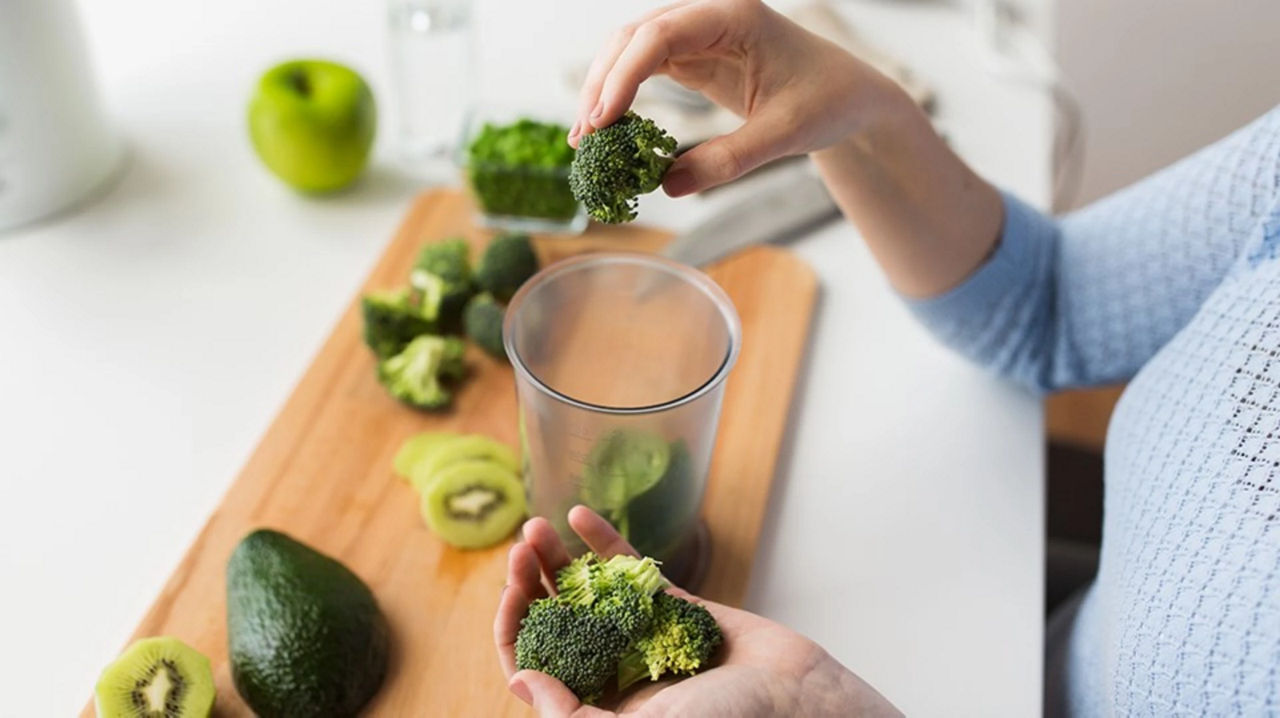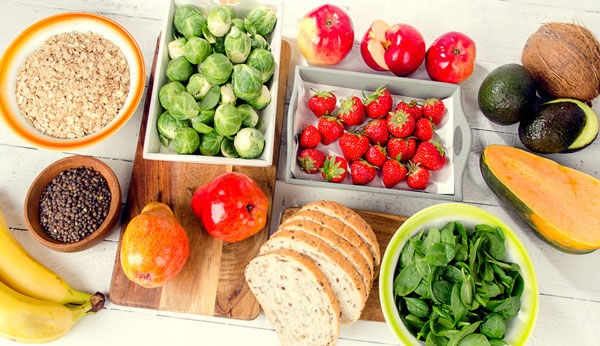In-built protection
The nutrients that can support their immune system
Your toddler’s immune system is still developing and will continue to become stronger and more complex well into adulthood. Minor childhood illnesses help to strengthen your toddler’s immune system, and their diet provides more support in the form of immune-enhancing nutrients. Learn which nutrients play a key role in the development of their immune system and lifelong health, and how to make sure your toddler gets the variety they need.





